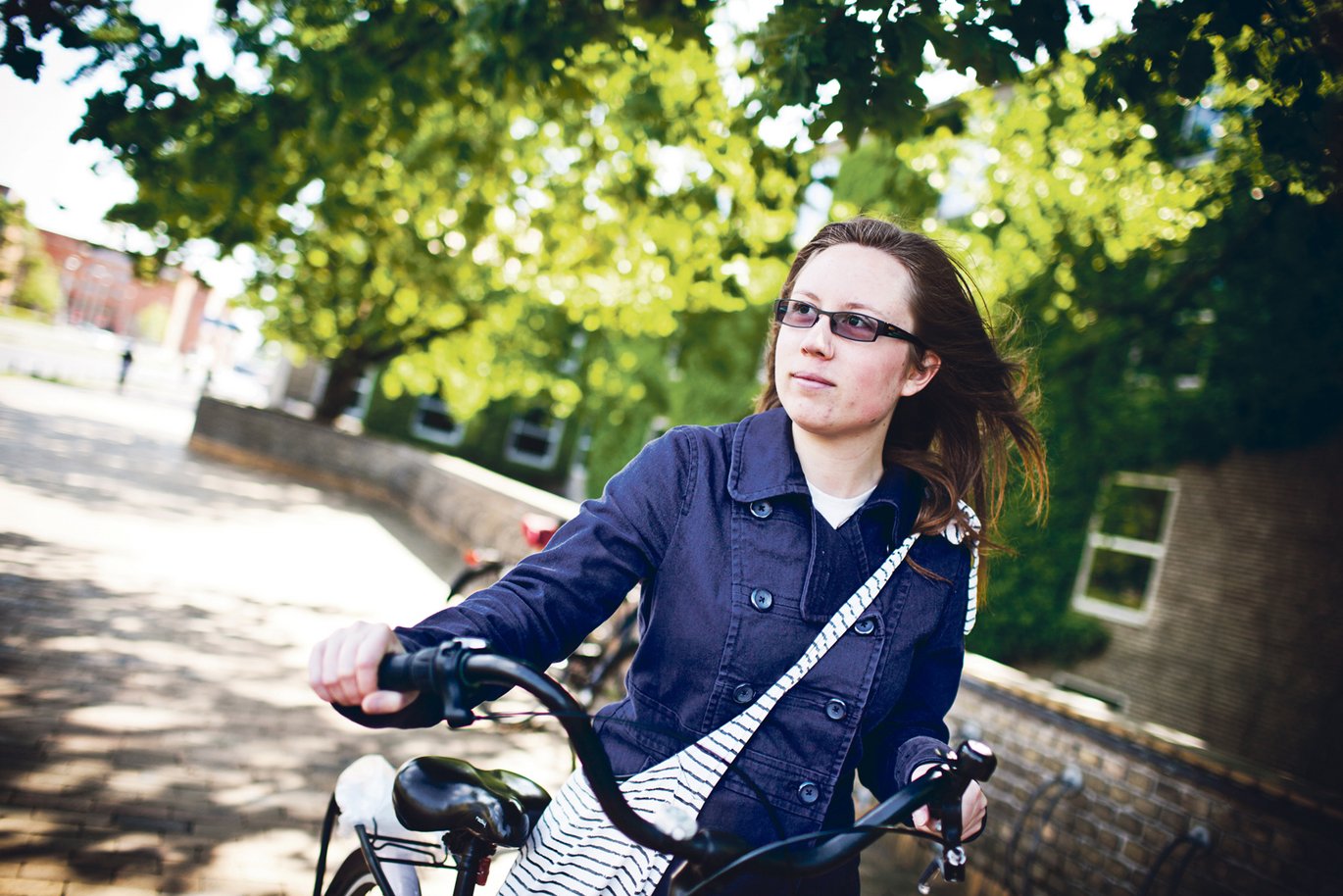Lands of Opportunity
International students are leaving their home countries in search of better opportunities in Aarhus, Denmark and in Northern Europe.

The worldwide economic recession is having a harsh impact on younger generations. Thousands are leaving their home countries to pursue education and better jobs. Economic hardships have forced the best and brightest to seek jobs and education elsewhere.
Patroula Papayiannidou, from Thessaloniki in Northern Greece, is one of them. She moved to Aarhus 9 months ago to start an MSc in Marketing at the Aarhus School of Business. She chose Denmark because of the highly acclaimed university and because education is provided for free. Another main attraction for Patroula is the good quality of life and high living standards.
“The unemployment rate in Greece is very high; 21 percent of the population have no job.”
She explains that unemployment hits the younger population hardest, half of whom have no work.
“The situation is very difficult,” she says.
Northern Europe is best
It's no coincidence that students are currently flocking to Northern Europe. According to the Eurostudent Project, which surveys higher education conditions throughout Europe each year, Denmark, Finland and the Netherlands offer the best conditions for students in Europe because of the cheaper education, job availability and higher salaries.
Even though a small wave of recession has been felt in the Scandinavian countries, the standard of living and wages are still higher than in the rest of Europe.
Šárka Panochová, from the Czech Republic, came to Denmark in February to study English Language and Literature. She came to Aarhus because she has always wanted to explore Scandinavia, and the connection between English and Danish.
The unemployment rate in the Czech Republic is currently 6.7% of the labour force. “Getting a job in the Czech Republic is no piece of cake,” Šárka Panochová explains, “Not that it's impossible, but it's not easy. Ironically, it is very difficult for university graduates to get jobs. As a result, a lot of people end up doing something completely different to what they studied."
Tough times in Denmark also
Yet even in Denmark it's not easy to land a dream job – or even just one which is relevant.
Yulia Tchernaya, from Belarus, is in the second year of her Master’s degree in European Studies in Aarhus. She did not move to Denmark for a better education, but rather a different style of education. In her home country, she worked as a professional in the Public Relations field. When she moved to Denmark, she began working in low-skilled jobs such as cleaning. For her, the difficulty in finding work lies in finding a professional job here. Although she knows some Danish, her options are limited.
“It’s not easy for foreigners. The world is becoming globalised, nobody can stop it. Borders are opening. Companies should open up and take advantage of the benefits of having an international workforce available,” she says.
It is a matter of survival
Patroula Papayiannidou explains that companies in Greece, her homeland, are closing or moving abroad to find cheaper labour. It can actually be a disadvantage right now to be well educated, because this means that companies have to pay a higher wage. A number of regulations governing job security and working hours have also been abolished due to the crisis.
“Now there are only part-time work agreements and no fixed hours per week. In other words, you work when you are needed. You do not have a standard job or security.”
Patroula says that it saddens her to see that her country cannot provide for its citizens.
“Most people my age decide to move to find a job. The most dynamic segment of the country’s work force, the people who can work and make a difference, are leaving to find better opportunities elsewhere.”
Yet she would do the same herself if she got the opportunity to find a stable, well-paid job in another country.
“I would stay wherever that job was. It is sad to leave your country, but now it's a matter of survival."
